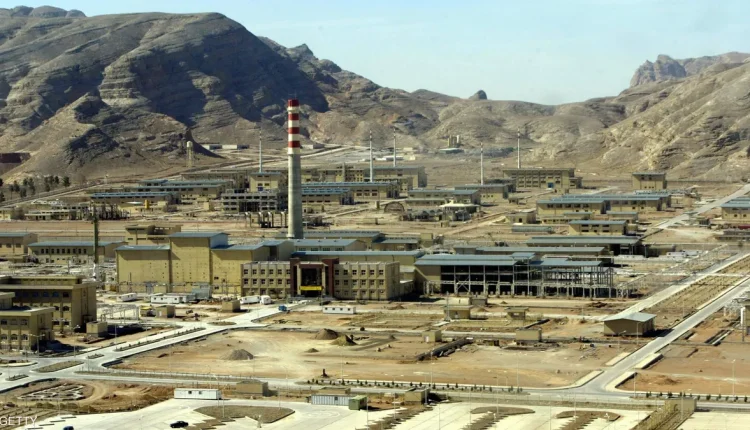U.S. strike on Iranian nuclear sites opens door to escalation – Expert
QAMISHLI, Syria (North Press) – U.S. strikes on Iranian nuclear facilities could trigger multiple escalation scenarios across the region—most notably, the possibility of Iran retaliating by targeting American military bases and mobilizing its regional proxies, an expert said on Sunday.
Hani Suleiman, Director of the Arab Center for Research and Studies, told North Press that Iran might activate its proxies in the region, particularly Iraqi militias and the Houthis in Yemen. He added that “closing the Strait of Hormuz remains a viable option for Tehran if tensions continue to rise.”
This came after U.S. President Donald Trump announced a successful operation that destroyed three major Iranian nuclear sites—Fordow, Natanz, and Isfahan. Concurrently, the Israeli army reported a significant missile barrage launched by Iran.
Suleiman, who also specializes in Iranian affairs, noted that Iran may initially opt for a more restrained response, “possibly opening just one front while keeping the conflict contained, to avoid a direct military confrontation with Washington.”
Suleiman also outlined a third potential scenario: “Following a few days of heightened tension, Iran could carry out targeted strikes against Israeli or U.S. interests in the region—limited in scale—before pivoting to negotiations, potentially through mediators acceptable to Washington.”
Despite the dramatic escalation, Suleiman believes Iran is unlikely to push for full-scale war, mindful of the risk of crossing U.S. red lines that could trigger a decisive military response.
He concluded by suggesting that Iran may also see some strategic advantages in the situation. “Among these are the clear signs that Washington is not pursuing regime change in Tehran, and the absence of any radioactive or chemical fallout from the strikes—possibly indicating that Iran had already relocated its enriched materials to other sites. This would allow Tehran to maintain a high enrichment capacity for future nuclear tests.”

